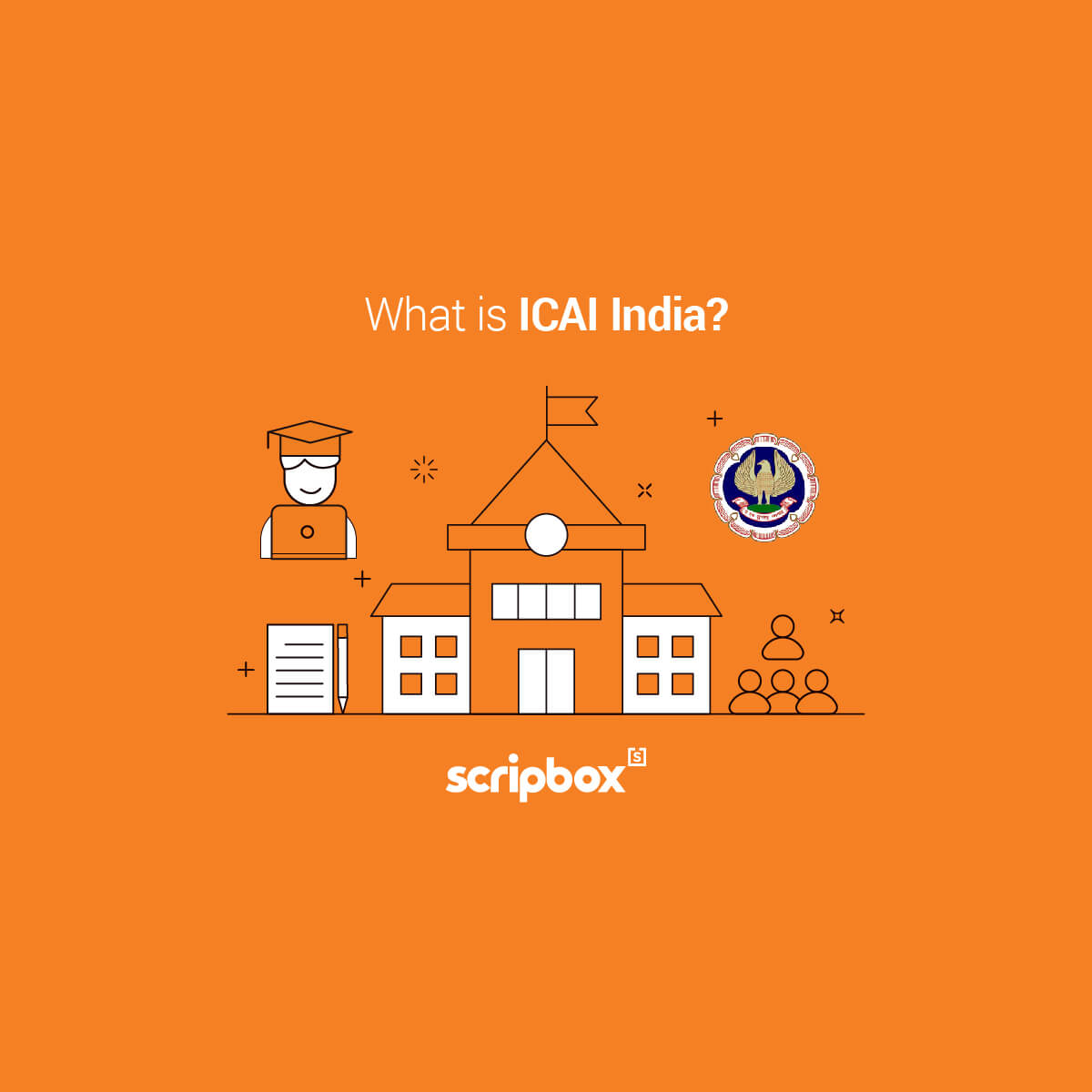What are Investment Funds?
Investment funds pool money from various investors with similar interests and purchase securities. Fund managers manage these funds. Each investor retains the ownership of the securities that the fund invests in. Investment funds provide a broad range of investment opportunities, professional management and lower fees to its investors.
Individual investors do not make any investment decision on how and where the money is to be invested. The fund manager invests the funds collected based on the objective of the fund. Investors, however, retain the choice of which investment fund to pick. The investors can pick funds based on the investment objective of the fund and their goals.
An investment fund can be mutual funds, hedge funds or even ETFs. The way the fund is managed depends on the type of the fund. However, one thing that is common in all the types of funds is continuous monitoring by the fund managers. The fund managers have the knowledge and expertise to decide on which securities to buy and sell and in what quantities. The fund managers perform extensive research on the market before picking the right securities for the fund. The fee that the fund manager charges depends on the type of fund. In India, mutual funds and ETFs are more regulated than hedge funds. Hence, these tend to have lower fees than hedge funds.
Investment funds have several advantages. They give it’s investors a diverse portfolio that is professionally managed. The fund managers continuously monitor the portfolio of the investment fund to ensure the fund is meeting its objective. Also, with collective investments, the transaction costs are lower when compared to individual investors.
What are the 4 types of investments?
There are a variety of investment options available. The broad categories of investments are Growth Investments and Defensive Investments. Growth investments help in growing the value of the original investment over the medium to long term. Also, these are suitable for investors who are willing to withstand the market volatility, i.e. ups and downs. On the contrary, defensive investments focus on generating regular income rather than growth for the investors. These are low volatile investment options than growth investments. Following are 4 types of investments:
1. Cash Investments
Investments such as term deposits, bank accounts, and high interest savings accounts. The potential returns from cash investments are lower in comparison to other types of investment options. These do not offer any capital growth; however, aim to deliver regular income. Hence, play a vital role in protecting investor’s wealth and reducing risk for an investment portfolio.
2. Fixed Interest Investments
Bonds are popular fixed interest investments. These are either government or corporate issued bonds. The government and corporates borrow money from investors and pay them interest regularly. These are defensive investments because they offer lower potential returns than shares. Additionally, they can also be sold quickly. Furthermore, it is important to note that these are not completely risk free investments. Default or credit risk and interest rate risk exists in these investments.
3. Equity Investments
Equity investments are growth investments that help in generating significant returns over the medium to long term. In addition to capital growth, shareholders also receive dividends from the profits the company makes. These are the most volatile investments. The share prices are subject to fluctuations on the basis of various internal and external factors. Therefore, equity investments are suitable for investors with high risk tolerance levels who are willing to withstand the ups and downs in the market. Also, the returns from equity investments are significantly high in comparison to other asset classes.
Check out: Best Equity Mutual Funds to Start Investing
4. Property Investments
Property investments are a type of growth investments. The property prices may rise substantially over the medium to long term period. It is considered as a risky investment as there are chances of losses. Similar to share price fluctuations, property prices can also fall. Hence they carry the risk of losing the value. One can invest in property by either directly buying it or through a property investment fund such as REITs.
What should a beginner invest in?
There are a wide variety of investment options available for investors. And for beginners, all this might seem confusing. A person who is investing for the first time can be of any age and income. Hence before choosing which investment to put the money in, one has to assess their current situation. The decision of investment choice depends on multiple factors like age, understanding of risk, goals, income and expenses. Therefore, what might be the best investment for one person may not suit others. Few of the investment options that beginners can consider investing are equity mutual funds, debt mutual funds, PPF and fixed deposits.
Equity Mutual Funds
Equity mutual funds are one of the easiest ways to enter equity markets. These funds majorly invest in stocks or shares of different companies based on the fund’s objective. There are many categories under equity mutual funds. Some of them are large cap funds, mid cap funds, small cap funds, ELSS, index funds etc. One can invest in equity funds through SIP or lump sum route. In SIP route, one can invest with an amount as low as INR 500 per month. In lump sum route, the investor can invest a large sum of money at once. Equity funds have the potential to give good returns in the long term. Hence they suit long term goals like child’s education, marriage or retirement.
Debt Mutual Funds
Debt mutual funds invest in debt securities like bonds, debentures etc. They invest in both corporate and government securities. They best suit investors with an investment horizon of 1-3 years and who want more stable and predictable returns. Debt funds are less volatile than equity funds, and starting with these funds might help gain investor confidence.
Public Provident Fund (PPF)
Public Provident Fund (PPF) is a post office saving scheme. The government backs it and is launched by the National Savings Institute. The scheme has a lock in period of 15 years. Its interest rate is fixed by the Ministry of Finance and is announced every quarter. For the current quarter, (September – December 2020) the interest rate the scheme offers is 7.1%. Since the government backs it, the returns are guaranteed. Moreover, the investment, interest and maturity amount are all exempt from tax. PPF helps to accumulate a large corpus of money for long term goals by offering guaranteed and risk-free returns.
Fixed Deposits (FD)
Bank fixed deposits are an investment alternative for those investors who prefer risk-free guaranteed returns. One can invest in FDs with an amount as low as INR 1,000. Banks offer FDs for a tenure ranging from 7 days to 10 years. The interest rate on FDs varies from bank to bank and also is different for different tenures. Investors worried about market volatility can invest in FDs. However, mutual funds offer higher returns than FDs.
What are the four types of investments you should avoid?
Not all investments suit all types of investors. Choice of investments primarily depends on the investor’s risk and investment profile. Following are four types of investments one should avoid:
- High fee funds: Stay away from funds that charge high fees for fund management. High fees will have an impact on the overall returns. Therefore, always invest in funds that charge low fees to make sure the overall returns do not decrease.
- Stocks: Investors who lack the knowledge, time and experience to shortlist stocks should stay away from equities. Stocks are highly volatile investments. Therefore one has to be very cautious while investing. The gains can be very significant; at the same time, stocks can wipe out all the earnings. Hence, unless one is experienced and well informed about the company and the stock market conditions, these are a risky option.
- Junk and Foreign Bonds: Junk or low rated bonds may be attractive for the high interest rates that they offer. However, they are high chances of default with these kinds of bonds. Therefore, it is advised to stay away from such low rated bonds. Foreign bonds, on the other hand, are extremely dangerous for a new investor. It is very difficult to deal with bonds that do not have proper regulations and laws in place. Being one of the highest volatile investments, they have a high possibility of losing the money.
- Futures & Options: Dealing in futures and options is essentially like placing bets on the price of a stock or commodity. The bets are just an expectation of whether the price will go up or down in the future; therefore, since it is totally based on predictions which makes it very confusing and complicated.
Discover Popular Funds
- What are Investment Funds?
- Confused if your portfolio is performing right enough to meet your goals?
- How long have you been investing in mutual funds?
- What is your current portfolio size?
- What is your approximate annual household income?
- Your profile does not qualify for a call with a Financial Expert.
- What are the 4 types of investments?
- What should a beginner invest in?
- What are the four types of investments you should avoid?























Show comments